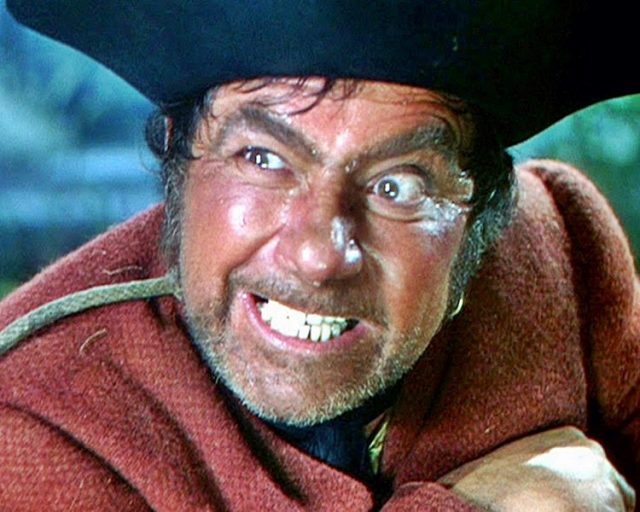
Pirates and Storms are the most common questions we are asked about offshore sailing. We have had many close escapes over the years and lived to tell the tale.
Our destination after Palmyra was the Cook Islands if winds cooperated, otherwise the Samoan Islands. But first, we had to cross the equator. Also known as the Doldrums, the two great tropical wind systems, the NE and SE Trade winds meet at the equator in a region known as the ITCZ (inter-tropical convergence zone). Having nowhere else to go but up, the winds turn skyward carrying billions of tons of water vapor collected from the tropical oceans.
The result is two massive towering walls of clouds and storms with an area a couple of hundred miles wide between. An area without wind, without clouds, without rain. An area feared by ships before the invention of steam power, was that ships might run out of drinking water before they next saw wind and rain. And without water, a human being will survive no more than 4 days in the tropical heat.
Having ample water and a reliable diesel engine, we were confident that we could cross the doldrums without incident. How far we would have to go was unknown, and we had used up some fuel during our stay in Palmyra, but with careful fuel rationing, we should be fine. So, with our hearts in our mouths, we motored under the great wall of water and out into the windless sea.
And so we continued for a day and a night, with the engine barely turning over to maximize fuel range in case required. And then the next day we had an encounter with another boat that I cannot explain to this day.
Hundreds of miles from land a motor yacht of perhaps 80-foot length came towards us from the west. This was not entirely unexpected, as it is nearly impossible to head east against the Trades. Boats under motor instead choose the Doldrums to make easting against the Trades, before resuming their intended course.
The boat itself was of a style popular in the 1930s. Built of wood with a sleek white hull, rounded fan tail, with tall mahogany cabins running the full length. The sort of colonial design that is more at home in the movies on the Amazon than on the open ocean. But it was what happened next that most surprised me.
Our VHF radio lit up on channel 16, the emergency distress calling channel. In English, with a very strong accent, the boat was insisting that we stop our engines and heave-to, in preparation to be boarded. In perhaps not too friendly of terms I asked what they were about, that I was not about to heave to in the open ocean thousands of miles from civilization.
Yet again, in a very heavy accent, they insisted, saying that they were sure our boat was stolen and they wished to inspect our papers. And again I insisted that under no circumstances would I permit such an action. This continued back and forth a bit, with the motor yacht insisting that I heave-to. Whenever I insisted that this would not happen, they claimed they could not understand me with my thick accent.
And the more I insisted, the more they claimed that since they could not understand me, they needed to board to clear up the misunderstanding. At which point I said the magic word. Gasoline. I asked if they knew the word. After a bit of banter, they admitted they did know the word.
At this point, I informed them that I carried 100 liters of gasoline on deck as fuel for our dinghy. That should they come alongside I would light the gasoline on fire and throw it into their wooden boat. That no matter how much fire fighting equipment they had aboard, their boat would surely burn to the waterline and sink.
And since our boat was steel, we had no such concern. Our paint might get singed, but our boat would not burn and would not sink. That I was deadly serious in this regard and my crew was transferring the gasoline to glass containers as we spoke.
This seemed to catch the other boat completely off guard. For my part, I had discussed with many other sailors what they feared the most. And of course, it is not storms or pirates, it is a fire aboard. And gasoline is one of the worst offenders.
The other boat went silent for some time then tried a few more times to convince me. And I continued to insist that I would burn them to the waterline before I let anyone board my boat.
With a series of what I understood to be swearwords the other boat cursed me and continued on their way without altering course to intercept. To this day I have no idea what this was about.